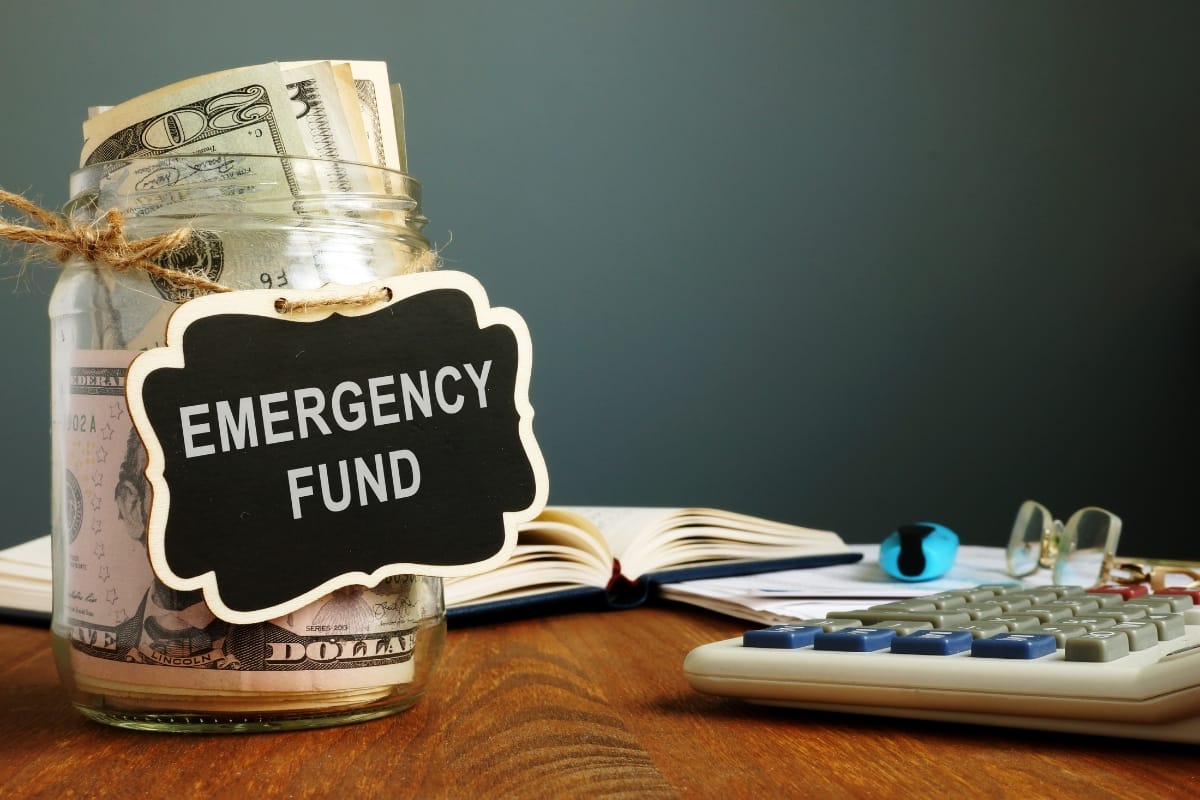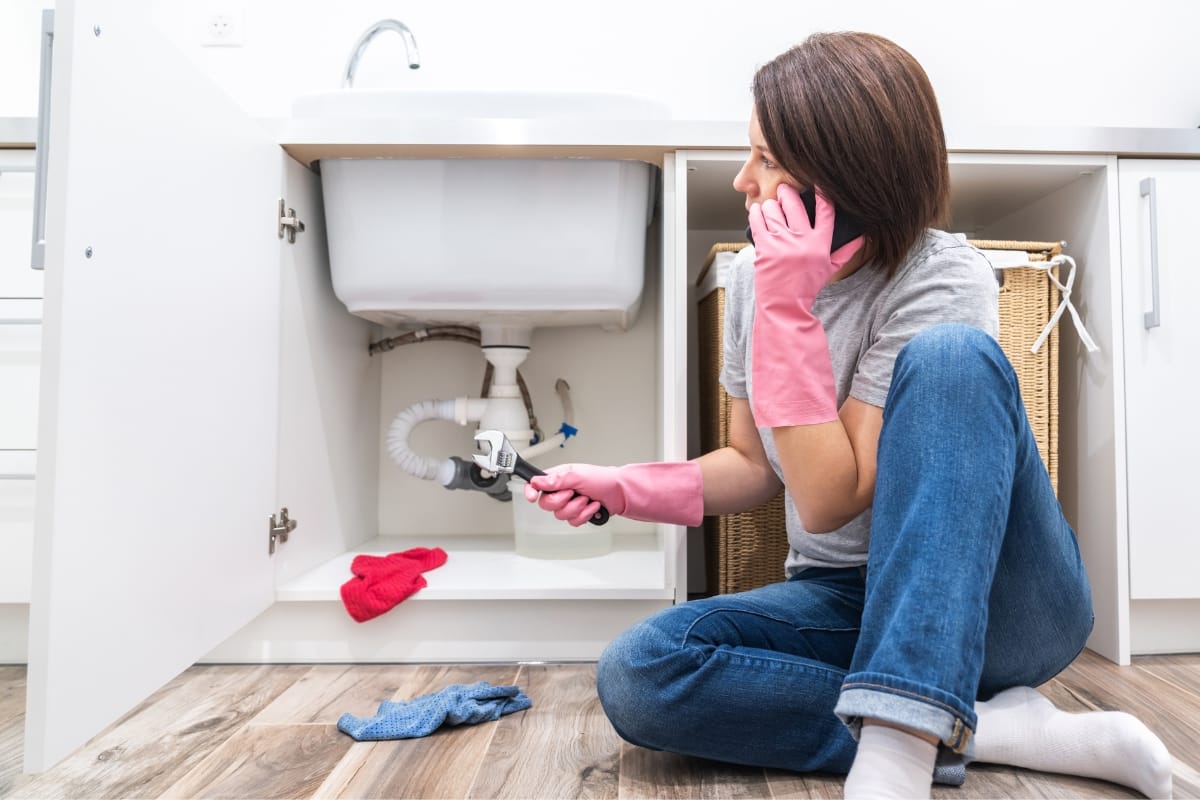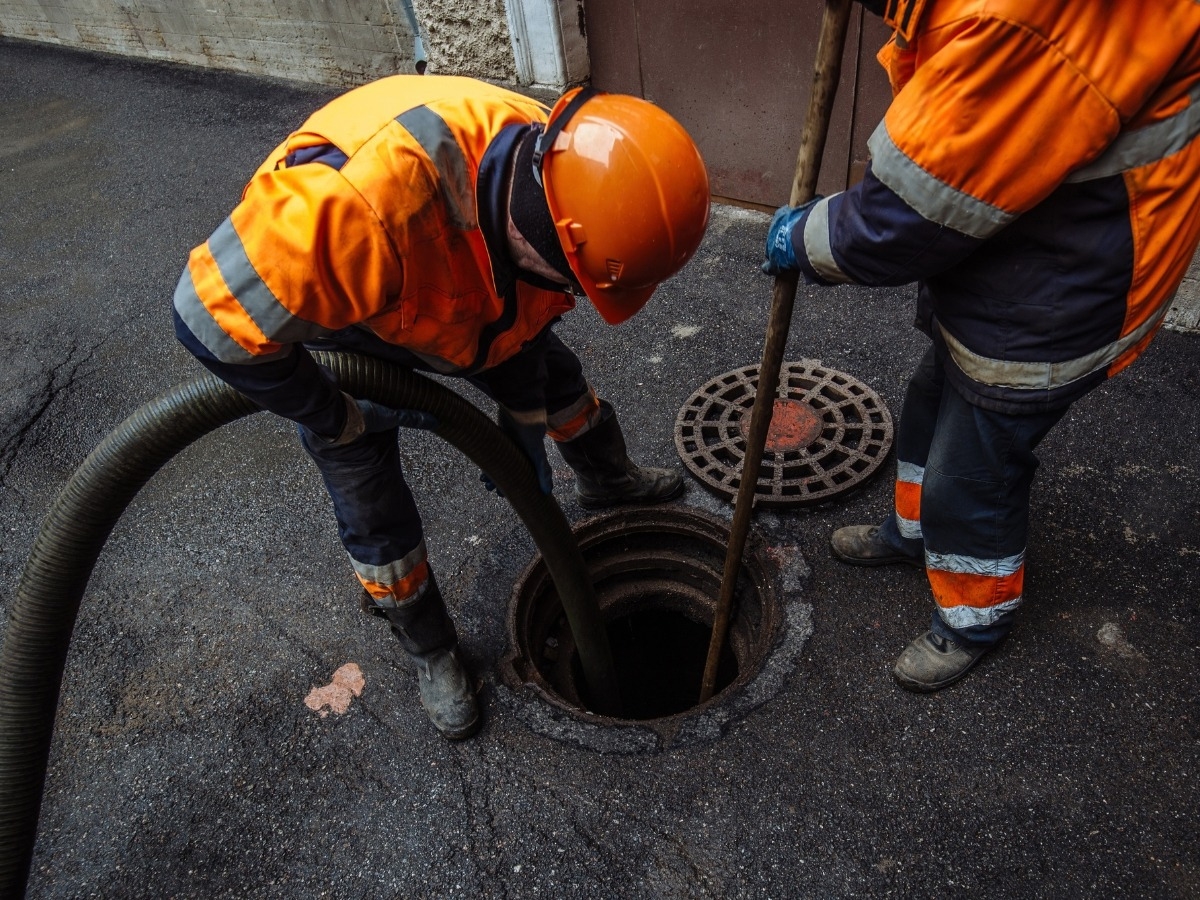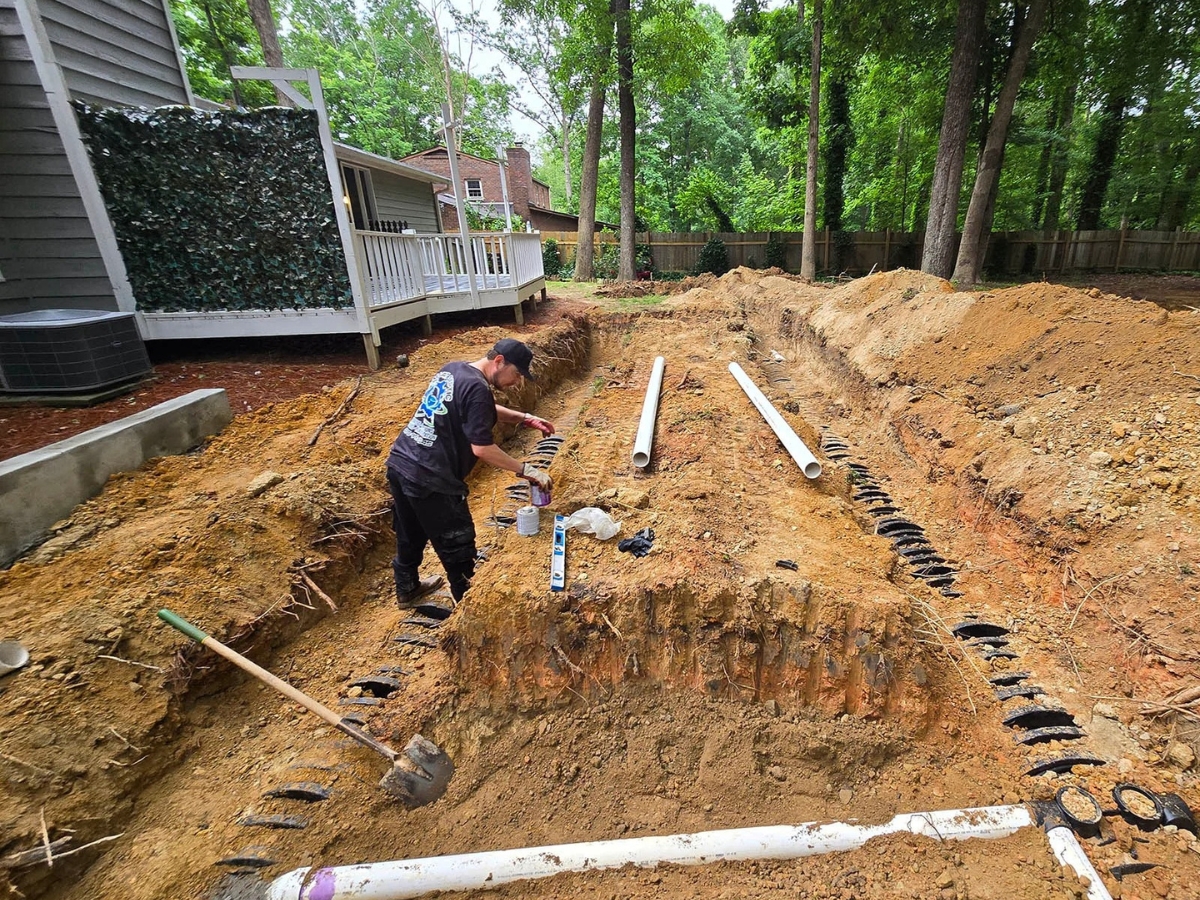When a septic system breaks down, it can quickly turn into a household crisis that disrupts daily life. Recognizing the severity of the situation and taking immediate action is crucial for minimizing damage and ensuring the longevity of your system. Understanding what to do in these moments can make a significant difference.
By knowing how to identify a septic emergency and what steps to take, homeowners can find peace of mind. Keep reading for a guide that details everything from choosing the right emergency septic repair service to aftercare tips, so you can navigate this challenging situation with confidence.
Don’t Panic! Essential Tips for Emergency Septic Repair
Identifying an Emergency Septic Repair

When it comes to septic system issues, quick identification can save both time and money. Home and business owners often overlook signs of trouble with their septic tank pumping until it’s too late.
Signs of an Impending Septic System Crisis
Certain signs can point to an urgent need for septic tank repairs. If sewage starts to back up into sinks or toilets, that’s a major red flag. Slow or gurgling drains often hint at issues with sewer lines, which might require immediate drain cleaning or even having the septic tank pumped to prevent further damage.
Pay attention to unusual smells around the yard or near the drain field. These odors suggest a problem that could worsen if not handled quickly. Addressing these symptoms early can save home and business owners from a septic system breakdown.
Some critical signals to keep an eye out for include:
- Sewagebackup in plumbing fixtures
- Slow drainage in sinks and toilets
- Unpleasant odors around the septic tank or yard
- Pooling water near the drain field
- Changes in grass growth near the septic system
How to Spot Leaks and Backups Early
To catch leaks and backups early, homeowners and business owners should regularly monitor their plumbing fixtures, especially sinks.
A sudden increase in water pooling around drainage areas or near the septic system can indicate a problem. It’s also worthwhile to check for any unusual noises when running air conditioning, as this could point to drainage issues within the system.
| Warning Signs | Possible Issues | Next Steps |
|---|---|---|
| Pooling water | Leak in the septic system | Contact a septic repair service |
| Slow draining sinks | Clogged pipes or backup | Inspect plumbing and consider emergency septic pumping |
| Unusual smells | Septic tank issues | Email address for service request |
Recognizing Unusual Odors and Slow Drainage
When a homeowner notices strange odors or slow drainage, it can be a sign of a possible septic emergency. The presence of foul smells may indicate a leak in the septic system, leading to waste seeping into undesirable areas. Swiftly recognizing these signs is crucial to prevent a minor issue from turning into a flood of costly repairs.
In many instances, slow drainage can accompany persistent odors, signaling that the septic system isn’t functioning properly. Neglecting these early warning signs can result in severe septic tank troubles, making timely septic tank services essential for avoiding further complications down the line.
Recognizing an emergency septic repair is just the beginning. Now, let’s jump into the critical steps you need to take right away!
Immediate Actions to Take in a Septic Emergency

In the event of a septic emergency, acting swiftly is vital to prevent further complications. Taking these initial steps can significantly minimize damage and safeguard health while waiting for professional assistance.
Safely Halting Water Usage in the Home
When a septic emergency arises, immediately stopping all water usage is essential. This includes avoiding the use of sinks, showers, and toilets since wastewater can compound existing problems.
For those who may have grease traps in their systems, it’s particularly important to halt liquid flow to prevent backups that could complicate matters and require emergencyseptic services or expedited inspection.
Contacting a Professional Septic Service
After identifying a septic emergency, contacting a professional septic service is the next critical step. These experts can assess the situation, determine the extent of any damage, and ensure proper sanitation practices are followed to prevent further complications.
By acting quickly, they can often mitigate risks to the surrounding soil and minimize potential issues related to damaged pipes.
- Immediately stop all water usage to prevent further issues.
- Reach out to an emergencyseptic service for prompt assistance.
- Allow the septic professionals to evaluate the problem on-site.
Isolating the Affected Area to Prevent Health Hazards
When dealing with a septic emergency, isolating the affected area is crucial for safety. This means keeping people and pets away from the septic drain field and any visible leaks or spills.
By doing this, homeowners can prevent unintended contact with harmful bacteria and reduce the risk of contamination, ensuring that only qualified professionals can assess and handle the problem using appropriate septic services and drain cleaners.
When an emergency strikes, knowing what to do is just the start. Now, let’s look at how to find the right septic repair service to get your system back on track swiftly and smoothly!
Choosing the Right Septic Repair Service

Finding the right emergencyseptic repair service can make a world of difference when experiencing a backup on your property. Understanding the scope of emergency services offered is crucial, as each situation requires a tailored approach to restore your septic system to optimal performance.
What to Look for in Emergency Septic Professionals
When searching for emergency septic professionals, look for those with strong credentials and experience in handling urgent situations. A qualified service should showcase knowledge in fixing issues that could affect everything from the bathroom to the entire septic system.
Timely responses and transparent communication can make a significant difference when navigating a crisis, ensuring that the problem is addressed effectively and with minimal disruption.
Questions to Ask Septic Repair Companies
When homeowners seek septic repair services, asking the right questions can help clarify the level of expertise the company offers.
One critical question is about their experience with similar issues to determine if they have handled cases like yours before. Inquiring about their response times and availability is also important, as septic emergencies require prompt attention to minimize damage and restore function quickly.
Another key aspect to explore is whether the company provides a detailed estimate and breakdown of potential costs. Understanding their approach to repairs, including the methods and tools they use, can further inform homeowners about their capabilities.
Lastly, asking for references or testimonials can provide insight into the satisfaction of previous customers, helping to ensure a wise choice for septic repair needs.
Understanding the Scope of Emergency Services Offered
Understanding the range of emergency services a septic repair company offers is crucial for effective resolution of a crisis. With various issues that can arise, such as backups, leaks, and blockages, it’s essential to choose a service that provides comprehensive solutions tailored to specific problems.
Knowing what services are available allows homeowners to make informed decisions and find the right support during a stressful time:
- Assessment of septic system condition
- Emergency pumping and cleaning solutions
- Leak detection and repair
- Clog removal and drain cleaning
- Routine maintenance recommendations
Finding the perfect septic repair service sets the stage for smooth repairs. Now, let’s get your home ready for the work ahead!
Preparing Your Home for Emergency Septic Repairs

Getting ready for emergency septic repairs involves more than just calling a professional; it requires careful planning to keep everything running smoothly. By addressing these areas, individuals can set the stage for a more seamless repair experience.
Steps to Minimize Disruption During Repair Work
Homeowners can create a more efficient repair process by planning ahead and organizing their space. Clearing the areas around the septic system and ensuring easy access for repair teams can prevent unnecessary delays and disturbances. It’s also wise to communicate with household members about the repairs, so everyone knows what to expect during this time.
Another practical step involves arranging for temporary living conditions if needed. If the repairs are extensive, having a plan to stay elsewhere for a short period can reduce stress. Making these arrangements ahead of time means there’s less panic when the repair team arrives.
| Step | Description |
|---|---|
| Clear Access | Remove any obstacles around the septic system to ensure the team can work efficiently. |
| Inform Household | Communicate with everyone about the scheduled repairs to set expectations. |
| Temporary Living | Consider making arrangements for alternative housing if repairs will take a significant amount of time. |
Protecting Your Property and Landscaping
Protecting property and landscaping during emergency septic repairs should be a top priority for homeowners.
Preparing the area by covering delicate plants and moving outdoor furniture can help prevent damage from equipment and debris. Implementing these simple steps ensures the yard remains intact and can recover quickly after repairs are complete.
Homeowners can also mark out boundaries for repair teams to avoid trampling valuable landscaping. By taking these measures, individuals show respect for their outdoor space while ensuring that the repair process goes as smoothly as possible.
To effectively prepare the yard for upcoming repairs, here are some steps to consider:
- Cover delicate plants with tarps or cloths to shield them from dirt and machinery.
- Move outdoor furniture and decorative items to a safe location away from the work zone.
- Clearly mark boundaries to help the repair crew navigate the property without causing damage.
Making Arrangements for Water Use Alternatives
Homeowners must think ahead about how to manage water usage during emergency septic repairs. It’s wise to set up alternative sources for daily activities, such as using bottled water for drinking and cooking. Designating specific times for essential tasks can also help minimize inconvenience while the repairs take place.
- Identify tasks that require water.
- Source bottled water for drinking and cooking.
- Schedule essential water usage during repairs.
With repairs underway, the next step is all about keeping your septic system in top shape. Let’s explore how to maintain your system and avoid any future hiccups!
Aftercare and Preventing Future Septic Emergencies

After getting an emergency septic repair, home and business owners need to take proactive steps to keep their system functioning well. By focusing on these areas, individuals can foster a healthier septic environment and extend the life of their system, avoiding the hassle of another repair crisis down the road.
Essential Maintenance Tips Post-Repair
Staying on top of septic system upkeep is crucial after any repairs. Regular check-ins help catch potential problems early, allowing homeowners to address them before they become serious. Limiting the amount of water entering the system can also reduce stress on the septic tank, promoting long-term health and efficiency.
Homeowners should also be mindful of what goes down the drains. Simple actions, like avoiding flushing non-biodegradable items or pouring grease down the sink, can significantly extend the life of a septic system. Keeping an eye on the system’s overall health contributes to peace of mind and reduces the likelihood of another emergency.
Scheduling professional inspections every couple of years ensures that all components of the septic system are functioning properly.
Experts can identify any signs of wear and tear that might not be visible to the untrained eye. This proactive approach not only protects the investment in the system but also enhances its longevity and performance, making it a win-win for homeowners.
Regular Septic System Inspections and Care
Regular inspections are a key part of maintaining a healthy septic system. Scheduling these check-ups every few years helps catch small issues before they grow into bigger problems. Skilled professionals can spot wear and tear that may not be obvious at first glance, ensuring the system runs smoothly for longer.
Homeowners should also take an active role in caring for their systems between inspections. Simple practices, like being mindful of what gets flushed or drained, can significantly extend the lifespan of a septic system. Staying informed about proper care and common maintenance tasks can prevent future emergencies and save costs down the line:
- Schedule professional inspections every 1-3 years.
- Avoid flushing non-biodegradable items.
- Limit use of harsh chemicals that can disrupt the bacterial balance.
Lifestyle Adjustments to Avoid Septic System Overloads
Making small changes in daily habits can vastly improve septic system health. For instance, spreading out water-intensive tasks, like laundry and dishes, over the week reduces strain on the system.
Homeowners can also limit the use of harsh household cleaners, opting for milder alternatives that won’t disrupt the bacterial balance essential for breaking down waste.
Another effective strategy involves being mindful of what goes down the drain. Avoiding the flushing of non-biodegradable items like wipes and personal hygiene products significantly decreases clogs and backups. Maintaining these simple practices not only aids in septic longevity but also helps avoid potential emergencies before they arise:
| Lifestyle Adjustment | Reason | Impact on Septic System |
|---|---|---|
| Spread out water usage | Reduces system load | Prevents overloading |
| Use milder cleaners | Supports bacteria function | Maintains waste breakdown |
| Avoid flushing non-biodegradables | Prevents clogs | Reduces backup risk |
Taking steps to prevent future issues is vital, but emergencies can still happen. Let’s dive into what those unexpected repairs might cost you and how to plan for them.
Understanding the Costs Involved in Emergency Repairs

Understanding the financial aspect of septic emergencies plays a vital role in navigating a repair crisis. Estimating the total costs involved can be tricky, but knowing what to expect helps homeowners prepare. These insights can lead to a more manageable approach to septic system issues.
Estimating the Financial Impact of Septic Emergencies
Estimating the financial impact of septic emergencies can be a bit overwhelming, but a clear understanding helps homeowners navigate the situation better.
Factors like the type of septic repair needed, how extensive the damage is, and the service provider’s pricing all play a role in shaping the final cost. Knowing these variables can alleviate some of the stress, allowing homeowners to plan financially for unexpected repairs.
Exploring Payment Options for Septic Repairs
Finding the right payment option for septic repairs can ease the financial strain during a challenging time. Many septic service providers offer flexible payment plans or financing options to help homeowners manage unexpected expenses without breaking the bank.
It’s wise for individuals to explore these alternatives and discuss their needs with the service provider to find a suitable solution that works within their budget.
Insurance Coverage and Emergency Septic Repairs
Homeowners should check their insurance policies to see if emergency septic repairs are covered, as this can significantly help manage repair costs.
Many standard homeowners’ insurance policies may not specifically include septic issues, but some may offer limited coverage or endorsements for related damages.
Reviewing the policy and contacting the insurance provider can clarify what assistance is available during a septic system crisis, easing the financial burden when repairs are necessary.
Wrap-Up and Final Thoughts
Managing an emergency septic repair crisis requires timely action and careful planning. Handling an emergency septic repair can be overwhelming, but with the right steps and professional help, you can manage the crisis effectively.
Quick action and experienced support make all the difference in resolving issues before they escalate. For reliable emergency septic repair services, reach out to Smart Septic Pros. We’re here to provide prompt, professional assistance when you need it most. Contact us at 678-993-4545 or address your septic emergency right away by reaching out through our contact form.



